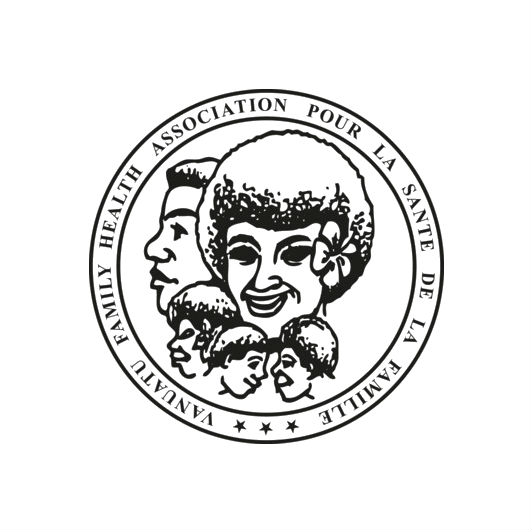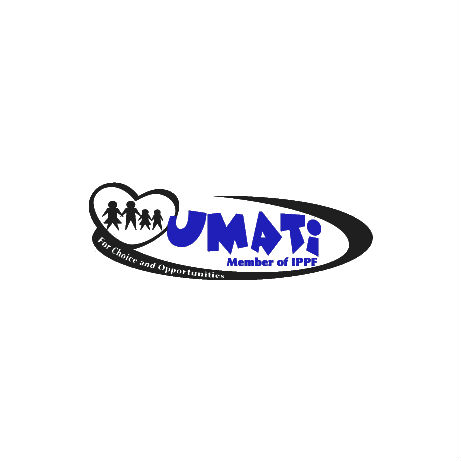

| 31 March 2016
Vanuatu Family Health Association
As Vanuatu's pioneering sexual and reproductive health and rights (SRHR) organisation, VFHA is a trusted provider of SRHR services and commodities to the nation of 271,000. It works closely with the Ministry of Health (MOH) to provide service delivery from its two main clinics, advocating to political and religious leaders and conducting educational campaigns targeting youth and the broader community. Fifty-eight per cent of the population is below 24-years-old so the needs for sexual and reproductive health (SRH) services are significant. Vanuatu has a high static fertility and high teenage fertility rates, rising rates of sexually transmitted infections (STIs) and low rates of contraceptive prevalence. About 76 per cent of the population lives in rural areas, making it difficult and expensive to provide quality reproductive health (RH) The association was also the leading NGO on the provision of SRHR services during the Post Cyclone Winston Response that has devastated the lives of the people of Vanuatu. Lives were touched during the response as they were able to go to the rural and remote areas on the provision of services.

| 31 March 2016
Uzazi na Malezi Bora Tanzania
Chama cha Uzazi na Malezi Bora Tanzania (UMATI) is an autonomous, non-political national NGO providing Sexual and Reproductive Health and Rights (SRHR) information, education, and services in Tanzania. It was established in 1959 and became a full IPPF Member Association in 1973. Since then, it has developed a comprehensive range of sexual and reproductive health (SRH) services for Tanzanian young people. UMATI invests in the provision of gender responsiveness SRH services youth and women empowerment, and evidence-based advocacy through result-based projects implemented in 20 regions in Tanzania Mainland, and Zanzibar. UMATI recognizes that AGYW and ABYM experience different health needs and risks especially those related to HIV, STIs, and sexual gender-based violence. UMATI’s SRH programmes are developed based on the unmet need and government priorities and its SRH and FP service delivery has always been targeting the hard-to-reach communities, socially excluded and under-served people especially women, girls, and young people, and the key population. UMATI empowers adolescents and young people (10-24) to realize and demand their SRHR for effective utilization of the services. The Association, through the Comprehensive Sexuality Education (CSE) approach, reaches young people with knowledge, skills, and Social Behaviour Change Communication (SBCC) messages to freely access services at UMATI clinics, youth centers, and selected government facilities. Different approaches are used to reach adolescents and youth such as peer education sessions, IEC/BCC Materials, debate, health talk/dialogues, folk media, social media, radio, TV, e-sessions, community forum/dialogues, community meetings, and SRH service outreaches. UMATI collaborates with the Ministry of Health and Local Government Authorities to provide SRH services through 943 service points which include its own 5 permanent clinics and seven youth centers and support 391 community-based distributors/community-based services (CBDs/CBSs). UMATI’s SRH programmes are effectively maintained and delivered by 76 committed staff, 340 peer educators and a youth action movement membership of 400 activists. UMATI receives funding support for its programmes from donors and partners such as Youth Incentives, Pathfinder International, PLAN International, UKAIDS, She Decides, UNICEF, UNFPA, Bills & Melinda Gates Foundation, Health Action International, SIMAVI, BERGSTROM Foundation, ZENSHO, and ActionAid Tanzania.







